Introduction

"RIGID is a miniature refrigerated compressor innovation leader in China. We keep looking for novel solutions in compact and portable cooling systems. We capture new technologies in mobile and compact cooling systems."
Are you wondering, Why is my portable AC not putting out cold air? or Why is my AC running but cold air not coming out? If so, you're not alone. Many people struggle with their portable air conditioners not cooling effectively, especially in the hot summer months. In this guide, we'll explore common causes of portable AC units stop blowing cold air and provide expert tips for troubleshooting and maintaining your unit to ensure optimal cooling performance.
Common Causes of Portable AC Units Stop Blowing Cold Air
One of the most common reasons for a portable AC not blowing cold air is dirty air filters. When filters are clogged with dust and debris, airflow is restricted, resulting in reduced cooling capacity. Low refrigerant levels can also lead to inadequate cooling, as can a faulty thermostat or blocked air vents. Identifying the root cause of the issue is crucial in restoring your portable AC's ability to blow cold air.
How to Troubleshoot Your Portable AC Unit
If you're experiencing a portable air conditioner not cooling as it should, there are several troubleshooting steps you can take. Start by checking and cleaning your unit's air filters to ensure optimal airflow. Inspect the thermostat for any malfunctions and make sure that your unit's vents are clear of obstructions. Additionally, consider resetting your portable AC to see if that resolves the issue.
Expert Tips for Maintaining Portable AC Units
Regular maintenance is key to keeping your portable AC running efficiently. This includes cleaning or replacing air filters every few weeks, ensuring proper ventilation around the unit, and addressing any electrical issues promptly. By following these expert tips for maintaining your portable AC unit, you can maximize its cooling capacity and prevent common problems from arising.
Dirty Air Filters
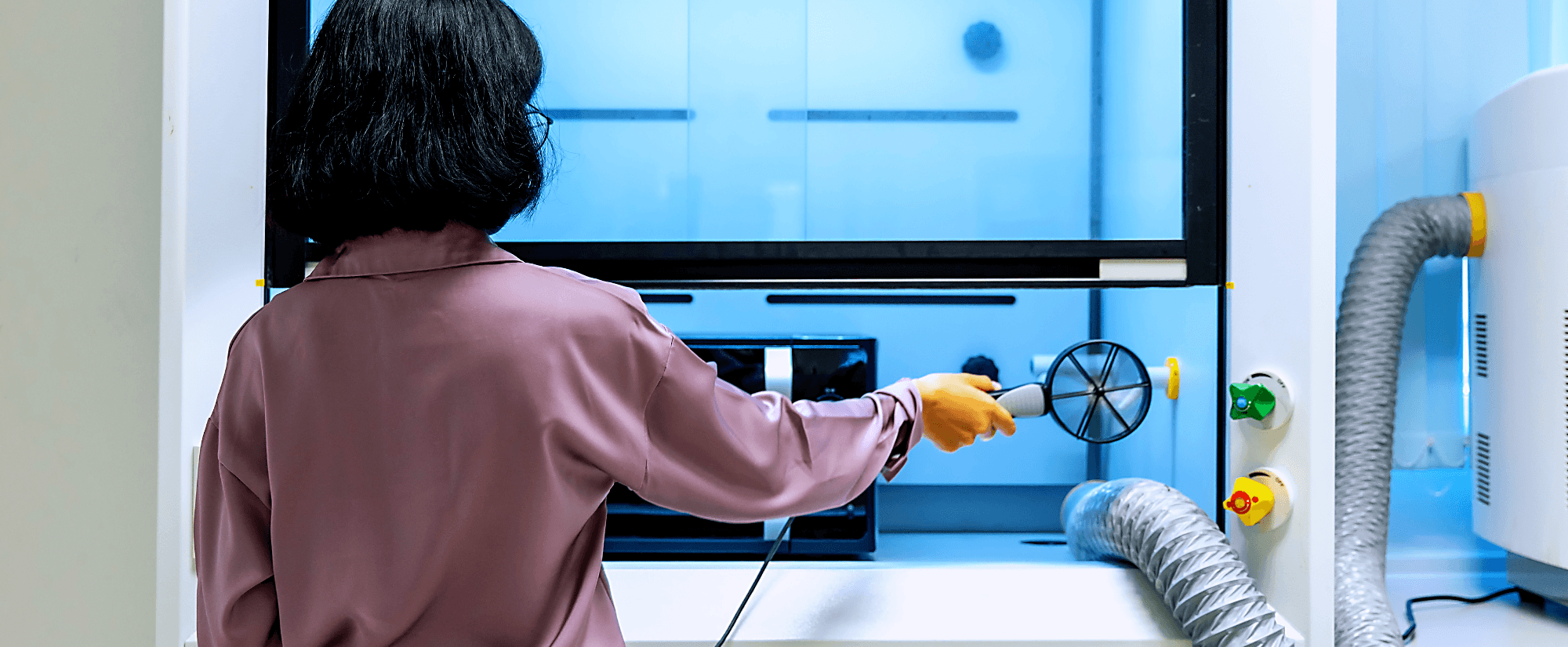
When your portable AC is not blowing cold air, one of the common culprits could be dirty air filters. Regular filter cleaning is crucial to ensure optimal cooling performance. Dirty filters can obstruct airflow, reducing the efficiency of your portable AC unit and preventing it from producing cold air. To make your portable AC colder, it's important to clean or replace the air filters regularly to maintain proper airflow and maximize cooling capacity.
Importance of Regular Filter Cleaning
Regular filter cleaning is essential for maintaining the cooling efficiency of your portable AC unit. Over time, dust and debris can accumulate on the filters, obstructing airflow and reducing its ability to produce cold air. By cleaning the filters regularly, you can ensure that your portable AC operates at its optimal capacity and keeps your space cool and comfortable.
How Dirty Filters Affect Cold Air Flow
Dirty filters restrict the flow of air through the unit, causing it to work harder to produce cold air. This can lead to reduced cooling capacity and higher energy consumption. As a result, your portable AC may run but not produce cold air, leaving you feeling frustrated on a hot day. By keeping the filters clean, you can improve airflow and maintain the cooling performance of your unit.
Steps to Clean and Replace Air Filters
To clean or replace the air filters in your portable AC unit, start by turning off the power and unplugging the unit for safety. Remove the filter from its housing and gently vacuum or wash it with mild soap and water to remove any dirt or debris. Allow it to dry completely before reinstalling it in the unit. If the filter is damaged or worn out, consider replacing it with a new one for optimal performance.
Low Refrigerant Levels
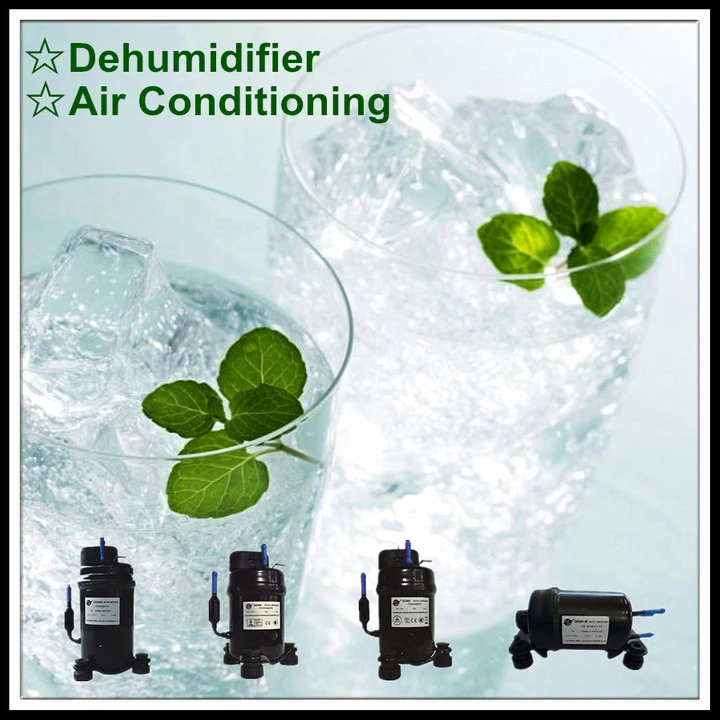
When your portable AC is not blowing cold air, it could be due to low refrigerant levels. Signs of this issue include reduced cooling capacity, ice buildup on the evaporator coils, and a constant need to adjust the thermostat for lower temperatures. To address this problem, consider DIY vs. professional refrigerant refill options.
Signs of Low Refrigerant Levels
If you notice any of these signs, it's important to address the issue as soon as possible to avoid further damage to your portable AC unit. Low refrigerant levels can put a strain on the compressor, leading to potential breakdowns and costly repairs. Additionally, running your AC with low refrigerant can result in decreased cooling efficiency, making it harder for the unit to maintain a comfortable temperature in your space. Therefore, it's crucial to have a professional assess and refill the refrigerant levels to ensure optimal performance.
DIY vs. Professional Refrigerant Refill
To make your portable AC colder again, you can opt for a DIY refrigerant refill kit or seek professional help. While DIY kits are available, it's important to follow safety precautions and manufacturer guidelines when handling refrigerants. Professional services ensure proper handling and disposal of refrigerants in compliance with environmental regulations.
While DIY refrigerant refill kits may seem like a cost-effective option, it's important to consider the potential risks and complications that can arise from mishandling refrigerants. Improper handling of refrigerants can lead to leaks, which not only harm the environment but can also pose health risks to you and your family. Professional services, on the other hand, have the expertise and equipment to ensure that the refill process is done safely and in compliance with regulations.
Preventing Refrigerant Leaks
Preventing refrigerant leaks can help maintain optimal cooling performance in your portable AC unit. Regularly inspect the unit for any signs of leakage such as oil stains or unusual odors near the compressor or tubing connections. Proper installation and maintenance can also minimize the risk of leaks and extend the lifespan of your portable air conditioner.
Regularly cleaning or replacing the air filters in your portable AC unit can also help prevent refrigerant leaks. Clogged or dirty filters can cause the system to work harder, putting strain on the compressor and tubing connections, which can lead to leaks over time. By keeping the filters clean and in good condition, you can ensure that your unit operates efficiently and reduces the risk of refrigerant leaks.
Faulty Thermostat

How Thermostat Issues Affect Cooling
When your portable AC's thermostat is faulty, it can lead to inadequate cooling. The thermostat is responsible for regulating the temperature, so if it malfunctions, the unit may not produce cold air as expected. This can result in discomfort and frustration, especially during hot weather.
Calibration and Replacement Options
To address thermostat issues, you can start by calibrating it to ensure accurate temperature readings. If calibration doesn't resolve the problem, consider replacing the thermostat with a new one that is compatible with your portable AC unit. This will help restore efficient cooling performance and prevent further issues.
Programming Tips for Efficient Cooling
In addition to calibration and replacement, programming your thermostat for efficient cooling can make a significant difference in the performance of your portable AC unit. Set the temperature at an optimal level to maintain a comfortable indoor environment while maximizing energy efficiency. By programming the thermostat correctly, you can ensure that your portable AC consistently delivers cold air when needed.
Blocked Air Vents
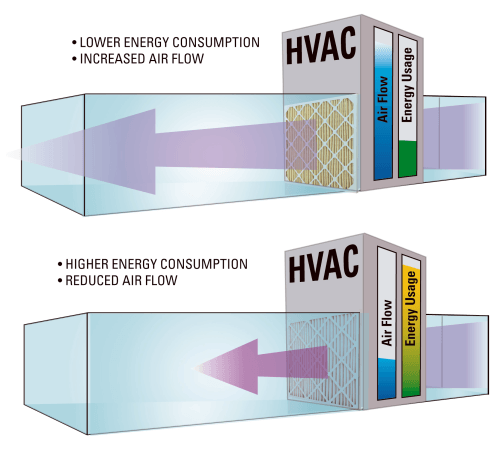
When your portable AC is not blowing cold air, one of the common culprits may be blocked air vents. This can happen when furniture or other objects obstruct the airflow, preventing the cool air from circulating effectively. As a result, your room may not reach the desired temperature, leaving you feeling hot and uncomfortable.
Consequences of Blocked Vents
Blocked vents can lead to inefficient cooling and increased energy consumption as your portable AC unit works harder to compensate for the lack of airflow. This can also cause unnecessary wear and tear on the unit, potentially shortening its lifespan. Additionally, blocked vents can create uneven cooling in different areas of the room, leaving some spots warmer than others.
Proper Ventilation for Effective Cooling
To ensure effective cooling, it's essential to keep the area around your portable AC unit clear of any obstructions that could block airflow. This includes ensuring that there are no curtains, drapes, or furniture blocking the vents. By maintaining proper ventilation around your unit, you can optimize its cooling capacity and enjoy a more comfortable indoor environment.
Cleaning and Maintenance of Air Vents
Regular cleaning and maintenance of air vents are crucial for optimal performance from your portable AC unit. Use a soft brush or vacuum attachment to remove any dust or debris that may have accumulated in the vents. Additionally, check for any signs of blockage or damage to the vents themselves and address any issues promptly to maintain efficient airflow.
Electrical Issues
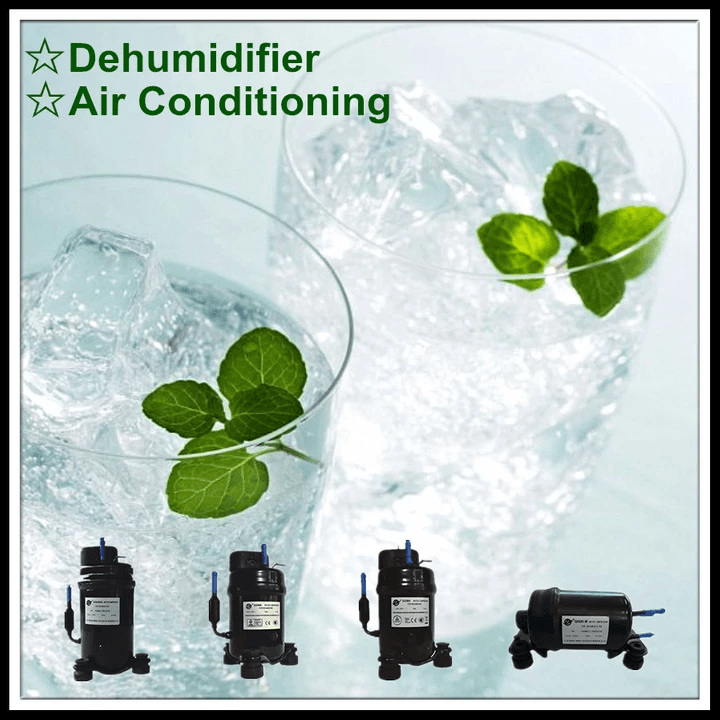
When your portable AC is not blowing cold air, it could be due to electrical issues such as a malfunctioning power cord or a blown fuse. Check the power cord for any visible damage or loose connections, and replace it if necessary. Additionally, inspect the fuse to see if it needs to be replaced. If you're not comfortable with electrical repairs, it's best to seek professional help to ensure safety and proper resolution.
Troubleshooting Common Electrical Problems
Common electrical problems that can cause your portable AC unit to stop blowing cold air include a faulty power cord, blown fuse, or tripped circuit breaker. To troubleshoot these issues, start by checking the power cord for any signs of damage or wear. If the cord appears damaged, replace it with a new one to restore proper electrical connection. Additionally, inspect the fuse and reset any tripped circuit breakers in your home's electrical panel.
If the power cord and fuse appear to be in good condition, the issue may lie with the portable AC unit itself. Consider checking the thermostat settings to ensure they are properly adjusted for cooling. Additionally, clean or replace the air filter if it appears dirty or clogged, as this can restrict airflow and impact the unit's ability to cool effectively. Regular maintenance of your portable AC unit can help prevent common electrical problems and ensure it continues to operate efficiently.
DIY vs. Professional Electrical Repairs
When dealing with electrical repairs for your portable AC unit, consider whether you have the necessary skills and knowledge to safely address the issue on your own. While simple tasks like replacing a power cord may be manageable for some individuals, more complex electrical repairs should be left to professionals to avoid potential hazards and ensure proper resolution of the problem.
If you find yourself unsure about whether to tackle an electrical repair for your portable AC unit, it's important to assess your own capabilities and comfort level with handling electrical components. While it may be tempting to save money by attempting a DIY fix, it's crucial to weigh the potential risks and safety concerns involved. Remember that even seemingly simple tasks can pose dangers if not approached with caution and expertise.
How to Reset Portable AC for Optimal Performance
To reset your portable AC unit for optimal performance when it's not blowing cold air, start by turning off the unit and unplugging it from the power source. Allow the unit to sit unplugged for at least 10 minutes before plugging it back in and turning it on again. This reset process can help clear any electronic glitches that may be affecting the cooling function of your portable AC.
After completing the reset process, it's important to ensure that the air filter in your portable AC unit is clean and free from any dust or debris. A dirty air filter can restrict airflow and reduce the cooling efficiency of the unit. Remove the filter and gently clean it with a vacuum or warm soapy water, then allow it to dry completely before reinserting it into the unit. This simple maintenance task can help improve the overall performance of your portable AC.
Conclusion
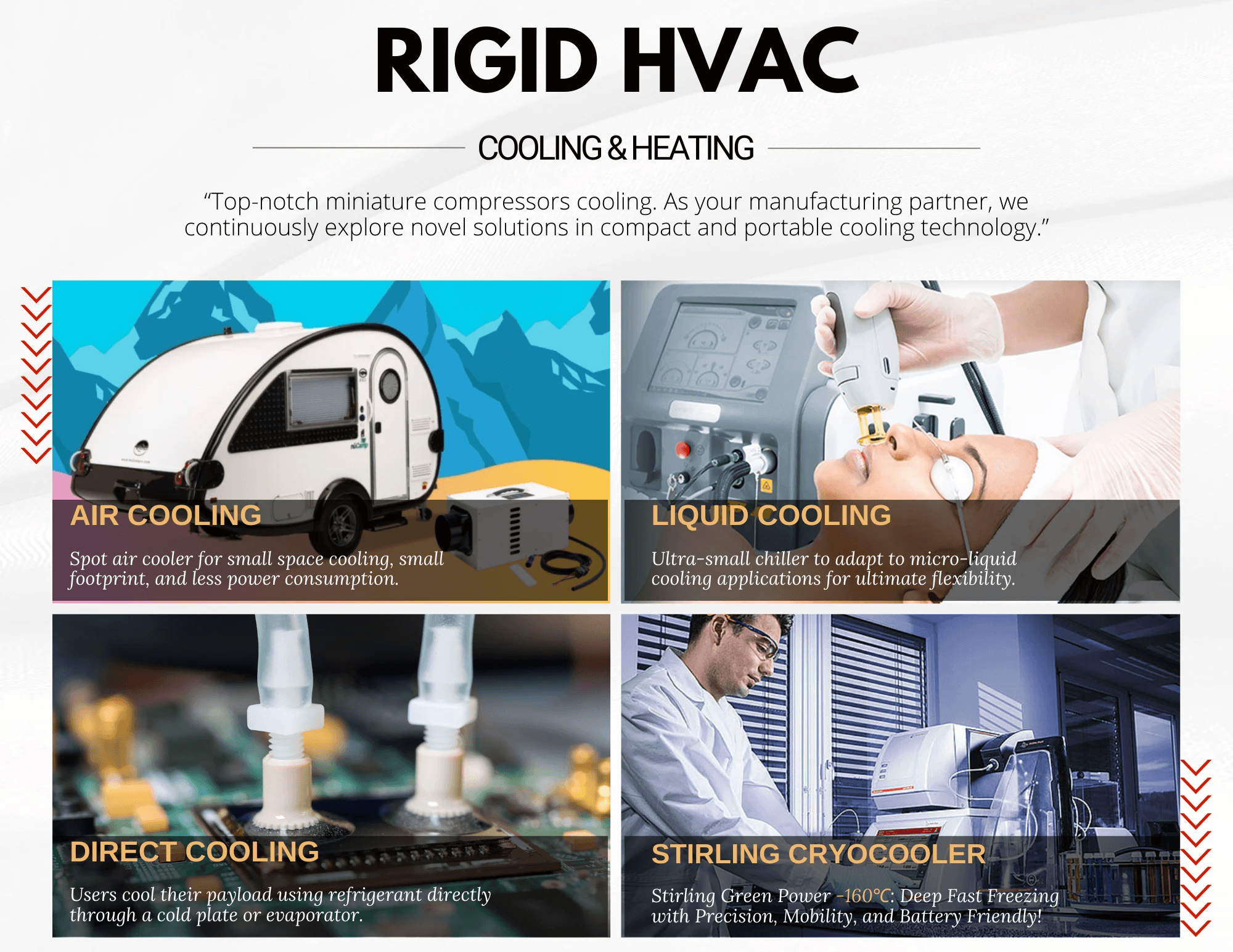
In conclusion, maintaining your portable AC for longevity is crucial to ensure it continues to function optimally. Regularly cleaning or replacing air filters, checking for refrigerant leaks, and ensuring proper ventilation are all key to keeping your portable AC running smoothly. By following expert tips and troubleshooting methods, you can maximize your portable AC's cooling capacity and resolve any issues that may arise.
Maintaining Your Portable AC for Longevity
To maintain your portable AC for longevity, it's essential to clean or replace air filters regularly. This helps prevent dirt and debris from clogging the system and obstructing cold air flow. Additionally, checking for refrigerant leaks and ensuring proper ventilation will help prolong the lifespan of your portable AC unit.
Maximize Your Portable AC's Cooling Capacity
To maximize your portable AC's cooling capacity, consider investing in a high-quality unit like RIGID's carry-on portable air conditioner with a powerful cooling capacity. This ultra-compact, hassle-free, and lightweight unit is ideal for various applications including camping, electronic cooling, medical cooling, and more.
Troubleshoot and Resolve Portable AC Issues
If you encounter issues such as your portable AC not blowing cold air or running but not putting out cold air, it's important to troubleshoot the potential causes such as dirty air filters, low refrigerant levels, faulty thermostat, blocked air vents, or electrical problems. By following the expert tips provided in this guide and utilizing DIY troubleshooting methods or seeking professional help when needed, you can effectively troubleshoot and resolve any portable AC issues that arise.